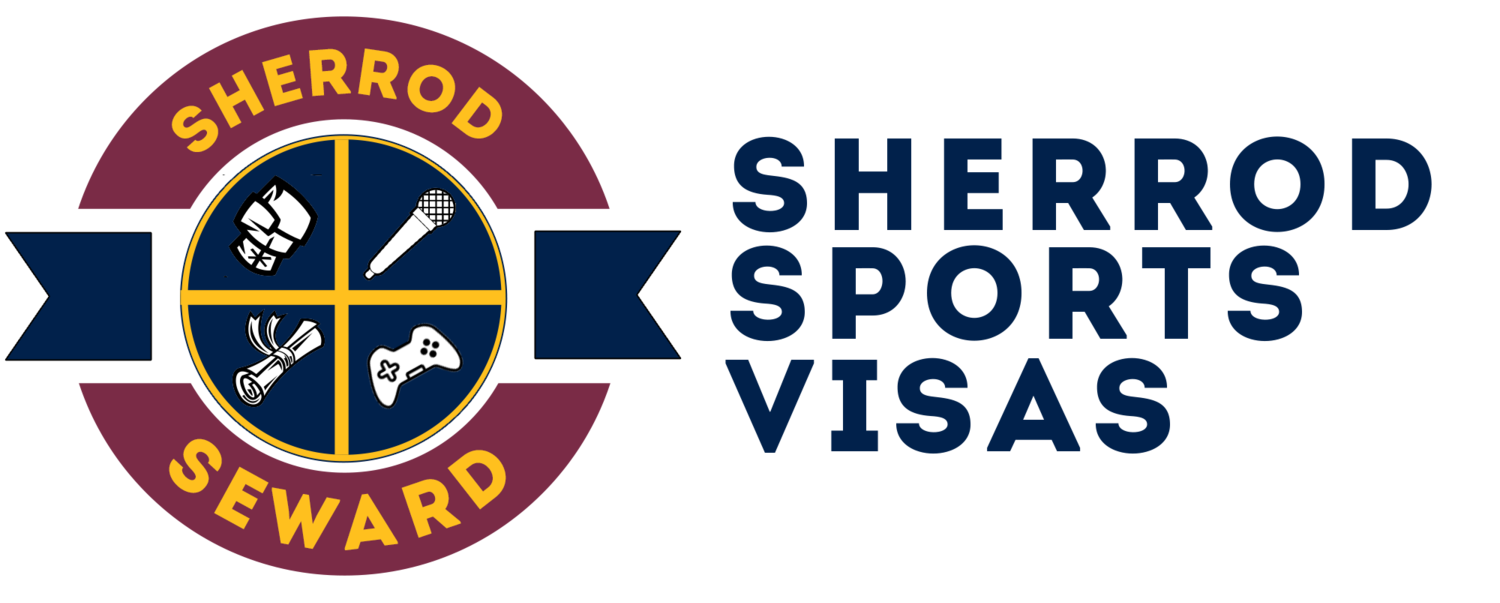Navigating The US Visa Landscape: A Guide For Poker Players (P-1, O-1, EB-1A)
Calling all professional poker players! Turning your passion for poker into a US-based career requires navigating the intricacies of visa options. This comprehensive guide explores the three main visa categories – P-1, O-1, and EB-1A – to help you determine the best fit for your goals and achievements.
P-1 Visa: Sharpened Focus On Competition
Who is it for? Ideal for poker players whose primary focus is tournament participation within the US.
Tournament Focus:
Primarily for players competing in pre-arranged tournaments without engaging in other business activities (coaching, commentary, etc.) in the US.
Ranking Accommodation:
Caters to a broader range of players. Even those with a competitive Global Poker Index (GPI) ranking outside the top tier (e.g., top 4000) can qualify for specific tournaments.
Shorter Duration:
The P-1 visa is typically granted for the event duration, making it suitable for players focused on specific tournament seasons without long-term residency intentions.
-
Straightforward Application: Generally considered a less complex visa option compared to O-1 and EB-1A.
Focus on Competition: Tailored specifically for athletes and entertainers participating in pre-arranged events.
-
Limited Activities: Doesn't allow for broader professional activities beyond tournament participation.
No Path to Green Card: The P-1 visa doesn't directly lead to permanent residency.
O-1 Visa: Opportunities Beyond The Tournament Table
Who is it for? It is ideal for poker players who, in addition to tournaments, seek to expand their professional presence in the US through various activities.
Diverse Activities:
Allows coaching sessions, poker clinics, business ventures related to gaming (consultancies, app development), public speaking on poker strategy, and more.
Dual Intent:
Unlike the P-1 visa, the O-1 visa acknowledges dual intent, permitting you to pursue permanent residency without jeopardizing your non-immigrant status. This is particularly beneficial for players:
From countries with high visa denial rates.
Planning a long-term US career and potentially transitioning to permanent residency (EB-1A can be a future option).
Broader Recognition Requirements:
Doesn't require strict international recognition. National acclaim, significant achievements, and strong documentation can qualify you.
-
Flexibility: Provides greater flexibility to pursue a wider range of professional activities beyond just tournaments.
Pathway to Green Card: Dual intent allows you to explore permanent residency options.
-
More Complex Application: The application process for an O-1 visa can be more intricate than obtaining a P-1 visa.
Higher Requirements: Meeting the O-1 visa criteria may be more challenging compared to the P-1 visa due to the broader range of achievements needed.
EB-1A Visa: The Pinnacle Of Achievement
Who is it for? For poker players with a documented history of extraordinary ability and significant recognition at the international level.
Requires compelling evidence of sustained excellence at the top of the poker world. This can include:
Victories in major international tournaments or significant regional events.
Top placements (e.g., top 10) in prestigious tournaments like WSOP, EPT, WPT, Aussie Millions, or PCA.
High media coverage in major outlets and poker-specific media.
Top 100 GPI ranking.
High-value endorsements or sponsorships from prominent brands.
Leadership roles in the field (tournament organizer, speaker, advisor).
Prestigious awards and recognition.
Demonstrable contributions to the sport (published articles, mentorship, innovative tactics).
Long-Term Performance:
Consistent high performance over a sustained period is crucial, not just isolated achievements.
-
Green Card Option: The EB-1A visa is a direct path to permanent US residency.
Peer Recognition:
Letters from respected figures in the poker world attesting to your exceptional skills and contributions strengthen your case.
-
Most Challenging Application: The EB-1A visa application process is the most complex and requires extensive documentation and evidence.
Highly Competitive: Meeting the extraordinary ability criteria is extremely demanding, and reserved for the elite of the poker world.
Choosing The Right Visa: A Strategic Decision
Career Trajectory and Long-Term Goals: Consider your long-term vision. Do you see yourself primarily competing in tournaments, or do you envision a broader US-based poker career encompassing coaching, business ventures, or media appearances?
Current Achievements and Recognition: Evaluate your current tournament record, media coverage, industry recognition, and any contributions you've made to the sport. This self-assessment helps determine which visa category best aligns with your qualifications.
Application Complexity and Timeline: The P-1 visa is generally the least complex and fastest to obtain, while the EB-1A visa requires the most preparation and time. Consider your urgency and comfort level with navigating a complex application process.
Green Card Aspirations: If obtaining permanent residency in the US is a long-term goal, the O-1 visa's dual intent or the EB-1A visa's direct green card path might be preferable.
Get Started For Your EB-1A Visa
Consulting with an experienced immigration attorney specializing in visas for athletes and entertainers is highly recommended. They can guide you through the specific requirements of each visa category, assess your eligibility, and help you build a strong application to maximize your chances of success.








